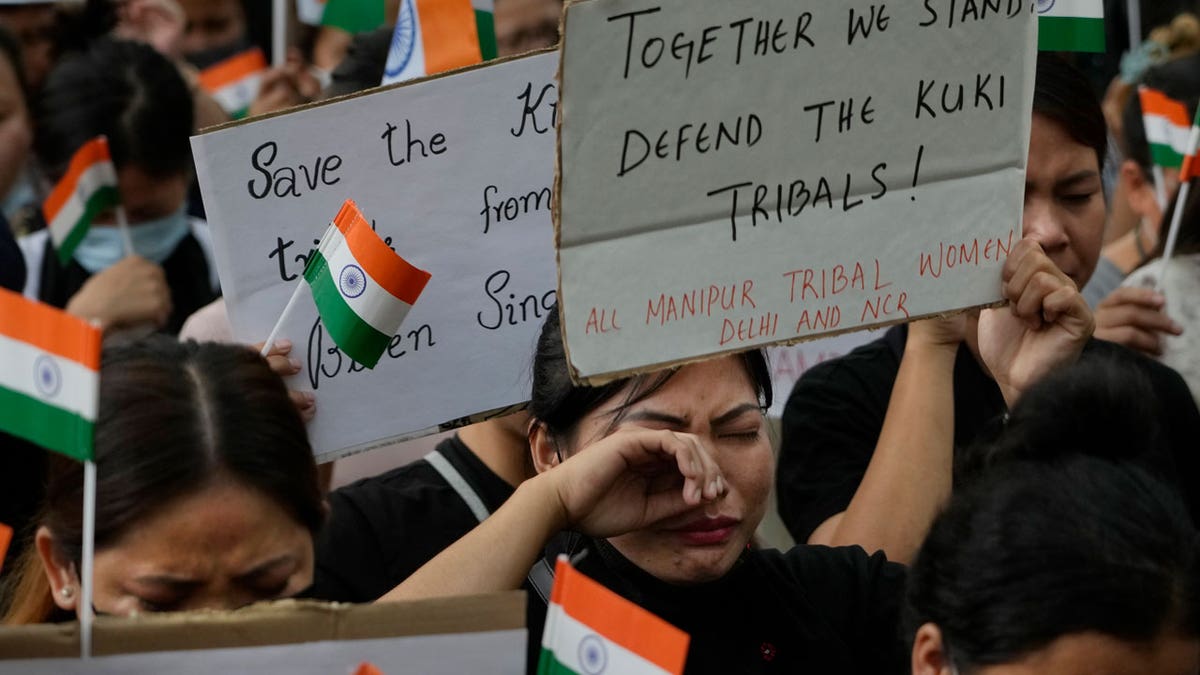Fresh clashes between the Kuki and Meitei communities in India's northeastern Manipur state have resulted in at least nine fatalities and several injuries, escalating the ongoing ethnic conflict that has plagued the region since May. The latest violence erupted Tuesday night in Khamenlok village, located in the Kangpokpi district.
Security forces were immediately deployed to the area, and by Wednesday morning, police had recovered nine bodies. Three individuals are also reported missing. Adding to the unrest, a mob set fire to the Imphal residence of State Industry and Commerce Minister Nemcha Kipgen, a member of the Kuki community. Fortunately, the minister and her family were not present during the attack.
This recent incident further intensifies the already volatile situation in Manipur, where over 100 lives have been lost since the beginning of May. Thousands of homes have been destroyed, and numerous businesses have been vandalized. Authorities have relocated close to 40,000 people to safer locations in an attempt to mitigate the violence.
The underlying tension stems from the Meitei community's demand for special status, which would grant them various benefits, including access to forest land for farming, preferential loan rates, improved healthcare and education access, and reserved government job quotas. However, minority hill tribes, primarily Christian, argue that the Meitei community is already relatively prosperous and that granting them further privileges would be inequitable.

A member of the Kuki tribe is pictured during a protest on May 29th against the tribal killings in Manipur. (AP Photo/Manish Swarup, File)
Earlier this month, Home Minister Amit Shah visited Manipur and engaged with community leaders to foster peace. The conflict initially ignited in May following protests by over 50,000 Kukis and members of other predominantly Christian tribal groups. They oppose the demands of the majority Meitei Hindu community for special status.
Manipur's demographics reveal a complex interplay of ethnic and religious identities. Two-thirds of the state's 2.5 million residents live in the valley, which constitutes only about 10% of the state's total land area. The Meiteis are primarily Hindu, while the Kuki and other tribes are mostly Christian and reside in the surrounding hill districts. The state also has an ethnic Muslim population comprising approximately 8% of the total.
Comments(0)
Top Comments